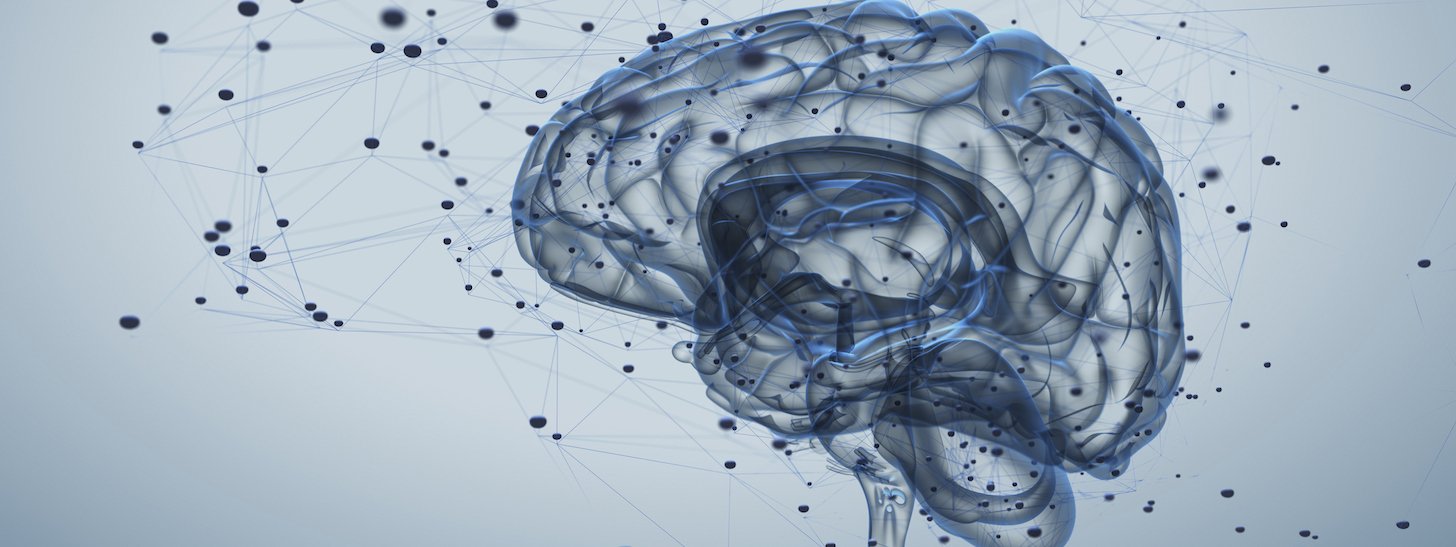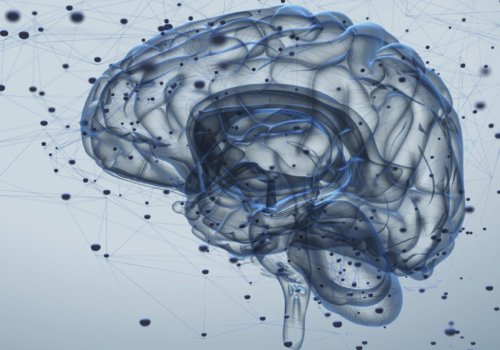
Child Abuse and Migraine
Do Personality Traits Mediate the Relationship Between Childhood Abuse and Migraine?
From the Journal: An Exploration of the Relationships in Young Adults Using the Add Health Dataset
Personality traits like neuroticism, and early childhood trauma like abuse, have been independently linked to negative health outcomes later in life like depression, alcohol dependence and migraine. The mediating role of personality traits and childhood maltreatment in depression and alcohol dependence has been studied extensively; but until recently, this same type of mediation had not been studied for migraine development.
A new study published in Headache by Monita Karmakar, MS, Jon Elhai, PhD, Aliaksandr A. Amialchuk, PhD and Gretchen Tietjen, MD, sought to fill this research gap by analyzing data from the National Longitudinal Survey of Adolescent to Adult Health or “Add Health.” Add Health is a longitudinal study of a nationally representative sample of adolescents in grades 7-12 that was conducted during the 1994-1995 school year. This group was followed into young adulthood through series of in-home interviews, with the most recent taking place in 2008, when the sample was aged 24-32. The data collected from Add Health is often used to track the emergence of chronic disease as it relates to the group’s various social, environmental, behavioral and biological data.
The study analyzed the data collected from 13,493 adults that participated in the Add Health program. The participants were interviewed about their experience with emotional, physical and sexual maltreatment during childhood. Researchers collected data on their current Big Five personality traits, which are openness to experience, conscientiousness, extraversion, agreeableness and neuroticism, and on any current depression, perceived stress or diagnosis of migraine by a health care provider. The effects of childhood maltreatment on subjects’ personality traits were then assessed to discern the degree of relation. The main effect of personality traits on the subjects’ diagnosis of migraine was evaluated. A structural equation model was then used to quantify the mediating role of neuroticism on the relationship between childhood maltreatment and migraine.
Study results demonstrated that only one personality trait of the Big Five had a significant effect on migraine after adjusting for childhood abuse, socio-demographic characteristics, current depression and perceived stress: neuroticism. The structural equation model also confirmed neuroticism’s mediation on the relationship between childhood abuse and migraine when left unadjusted for socio-demographic variables, depression and stress. The unadjusted model showed that 21% of the total effect of childhood abuse on migraine could be explained by mediation through neuroticism. The information uncovered by this data will help specialists develop a more effective series of questions to document patient history and identify an effective course for migraine treatment. Based on this research, physicians now know that patients who have experienced childhood maltreatment can benefit from a variety of stress management therapies like biofeedback or relaxation training.
The American Headache Society is committed to keeping its members up to date on the most innovative and meaningful advancements in the realm of headache medicine. One of many initiatives to support that mission is our publication of Headache: The Journal of Head and Face Pain, published ten times per year, which highlights the latest findings in the realm of headache medicine research. Our “From the Journal” series offers a preview of some of the groundbreaking work detailed in Headache. Enjoy access to the full catalogue of content plus a print subscription included with an American Headache Society Membership. Click here to become a member today.


